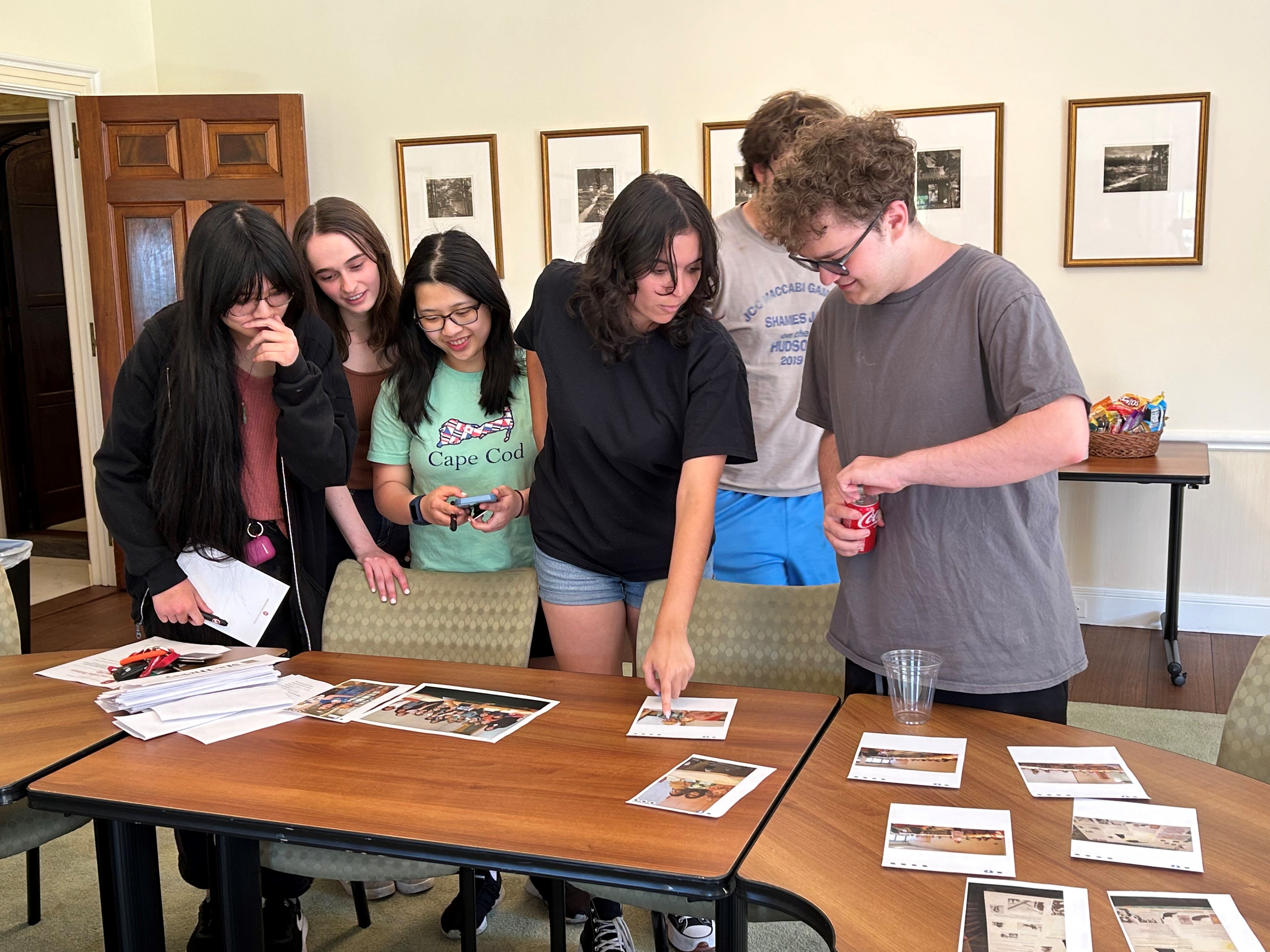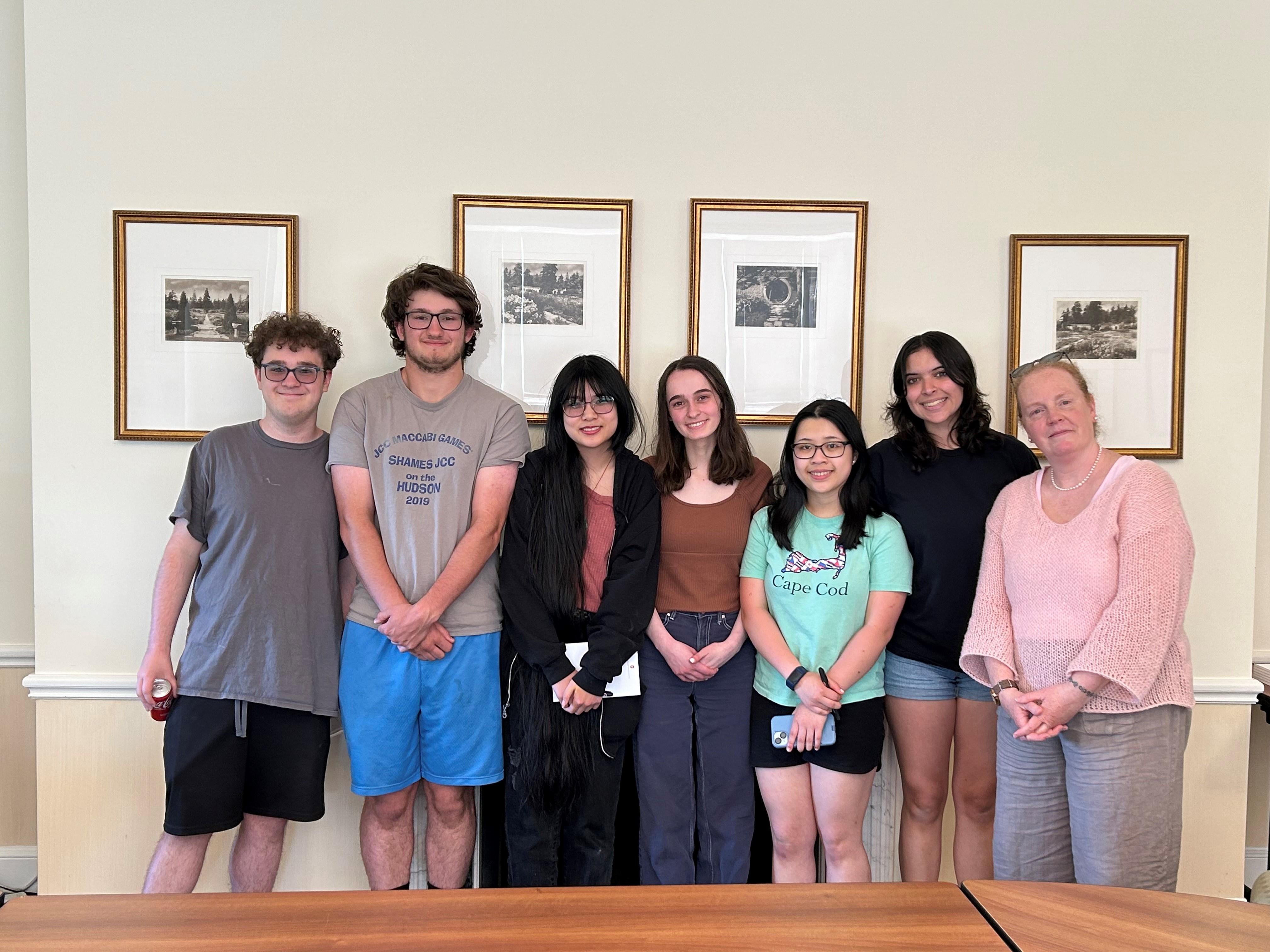In 2017, my colleague, Beth Jaffe-Davis, and I connected with Washington Irving Intermediate School’s 5th grade teacher, Elisabeth Hickey, to carve out our first multiweek educational outreach project. These fifth-grade students would be our first group to take part in an RAC archive project. Seven years later, we had the opportunity to reconnect with them as they wrapped up their high school careers for a Reception and Reflection where we discussed the impact of the archive project.
Our goals when first developing our K-16 education program were to empower younger people to make use of archives, equip them with research and critical thinking skills, and provide the opportunity to connect primary sources with their own lives.
For this first group of students, we shaped a research project around three “umbrella topics” that the students could choose from: National Parks, War of the Worlds, and the Admiral Byrd Antarctica expedition. We selected five documents to digitize and share for each of the topics. Each week we built on the previous week’s lesson and, ultimately, accomplished our aim of teaching the difference between primary and secondary sources, research and organizational skills, and demystifying the archive. At the end of the project, the students handed in an annotated bibliography and presented their research to family and friends in a forum at the local library. It was incredibly rewarding to see that the students recognized how much they had learned in a few short weeks and the pride they took in becoming “experts” in their research topic.
In talking with the students during our Reception and Reflection, they shared that they remembered the project as a challenging one. They thought presenting their work would be a daunting experience, but because they felt so prepared they were more excited to share their new knowledge. Their takeaways were that the project’s rigor and targeted research skills were something that gave them confidence and a feeling of preparation as they moved through their middle and high school careers.

They are now off to different colleges in the fall with different goals and academic interests. We’re excited for their next chapter and plan to reconnect in five years to continue to follow their trajectories.
Our work with the first group of students also informed how we continued our work bridging the classroom and archive. The RAC’s Archival Education Program continues to evolve, but the original goals for our program remain the same. We continue to bridge the classroom and the archive by collaborating with our lab school partners and build new archive project models that are accessible to all via our Teach with Archives hub and OER Commons.
